Are You Prepared? The 14 Biggest Threats to Your Financial Security
Is your financial future secure? Learn about the 14 most significant threats to your financial security and how to prepare for them.
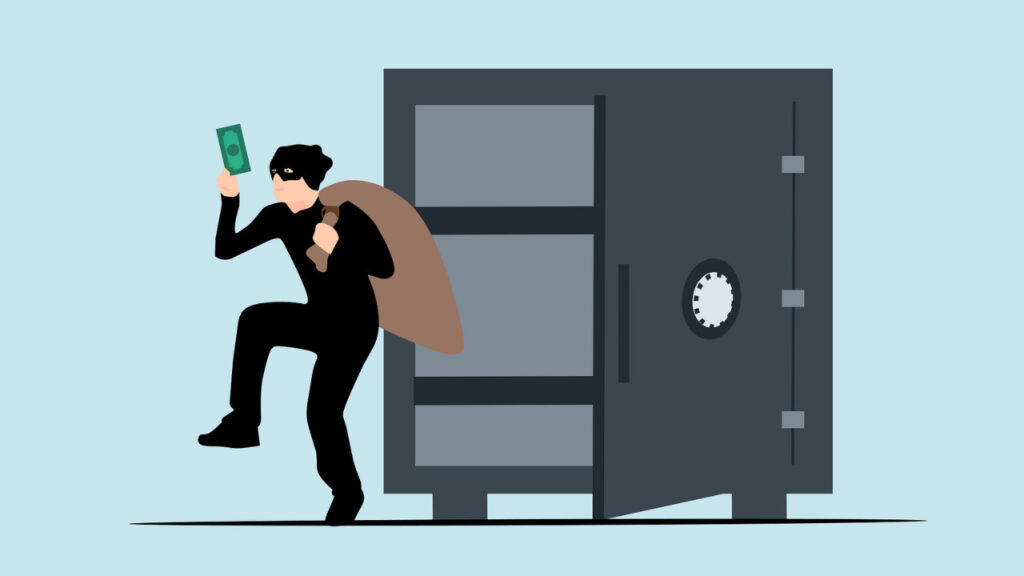
Introduction
Have you ever had a sense of precariousness regarding your financial stability? It can seem like any small gust of wind—a sudden expense, a job hiccup, or an unexpected twist in life—could throw everything out of balance. But what if you could see those gusts coming and brace yourself? Knowing the biggest threats to your financial security can turn a bad surprise into a well-managed risk and, possibly, an unexpected opportunity. Here are the 15 biggest threats to your financial security:
Table of Contents
1. Job Loss or Unemployment
Losing a job is more than just an emotional roller coaster; it’s a financial shockwave. It’s not just about losing a source of income; it’s about managing the uncertainty of how long you’ll be out of work. The impact extends beyond you—it affects your entire household. That’s why having an emergency fund and updating your skills is so crucial. When tough times hit, your professional network might be your best ally in getting back to work. With the right preparation, job loss can be a temporary setback rather than a lifelong financial struggle.
2. High Levels of Debt
Carrying a high amount of debt can feel like trying to run a marathon with a backpack full of rocks—it’s exhausting and slows you down. High-interest debt, like credit card balances, can be incredibly draining, compounding quickly and often outpacing your ability to pay it down. This financial burden can trap you in a cycle of just paying off interest without reducing the principal. To break free, consider strategies like debt consolidation and prioritize paying off high-interest debts first, using methods like the avalanche approach.
3. Medical Expenses
An unexpected medical issue can quickly turn into a financial nightmare, especially if you’re not properly insured. Medical debts can arise from sudden illness, a serious accident, or a chronic condition requiring ongoing care, with costs often arriving unexpectedly. While paying for insurance may seem wasteful when you’re healthy, lacking it when you need it most can lead to panic and despair. To protect yourself, consider health savings accounts (HSAs) or flexible spending accounts (FSAs), and always double-check your medical bills for errors.
4. Economic Recession
You’ll hear about an economic recession before you feel it, and by the time it hits, it might already be too late to fully prepare. Grocery bills creep up, companies downsize, investments lose value, and job security becomes uncertain. An economic recession can feel like a cold winter that affects everyone in some way. To survive, you need to scale back on expenses, diversify your income sources, and closely monitor economic indicators to make necessary adjustments to your finances.
5. Market Volatility
Market volatility causes big ups and downs in stock values, impacting your investment portfolio and retirement accounts. These swings are particularly important to manage if you’re planning to tap into your funds soon. One way to protect yourself is by investing in safe-haven assets like gold or blue-chip art, which tend to retain or even appreciate in value when other investments decline. Sticking with long-term investment plans and avoiding the urge to sell during market lows is key to maintaining your portfolio’s value.
6. Poor Investment Choices
The problem with poor investment choices is that you often don’t realize they’re poor until it’s too late. Sometimes, you might know you’re taking a risk and choose to do it anyway. To guard against bad investments, do your research, consult a financial advisor, and stay informed by keeping up with the news and talking to trusted industry professionals.
7. Natural Disasters
Natural disasters like hurricanes, earthquakes, fires, and floods can devastate your finances, damaging your home, car, and other properties. In some places, planning for natural disasters is a normal part of life, while in others, it seems unnecessary. But you never know when disaster might strike, so it’s wise to have insurance and an emergency fund to cover unexpected costs.
8. Bankruptcy
While bankruptcy isn’t the financial death sentence it’s often portrayed as, without proper strategies for recovery, it can haunt you. It can lower your credit score, making it difficult to get loans and impacting your job options. Before considering bankruptcy, explore other ways to manage your debt, like consolidation or credit counseling.
9. Poor Credit Management
It’s easy to fall into poor credit management, especially when you’re young and just starting out. The only way to dig yourself out and stay out of debt is by educating yourself about money. Use your credit card wisely, and always make sure your financial situation looks good on paper and in person.
10. Divorce or Separation
Divorce or separation can be a significant financial blow, involving legal fees, splitting assets, and the emotional toll. It’s crucial to have a financial plan in place before getting married, discussing potential financial outcomes with your partner, and consulting a financial advisor or lawyer before making any big decisions.
11. YOLO-ing With Your Finances
Living with a “YOLO” (You Only Live Once) mindset can be fun, but it’s risky when it comes to your finances. Planning your finances, even when money is tight or abundant, is essential for long-term stability. Start small with basic goals, and gradually build a financial structure that feels comfortable.
12. Depending on a Single Income Source
Relying on a single income source can be stressful, as it’s often out of your control. Diversifying your income streams through investments, a side business, or a part-time job can provide financial security and peace of mind, helping you build savings faster and reduce anxiety about job loss.
13. Major Interest Rate Increases
Major interest rate increases can be a gut punch if you have a loan or mortgage with a variable rate. To protect yourself, keep your debt under control, opt for fixed interest rates, and pay attention to the economic climate.
14. If Your Business Fails
Starting a business is risky, and not all will succeed. However, each failure offers valuable lessons. Have a plan for what you’ll do if your business doesn’t work out, and be realistic about the challenges. Taking risks is essential, but so is being prepared for the possibility of failure.
Conclusion
Knowledge is your greatest ally, planning is your best friend, and risk is both your enemy and your opportunity. To move forward, you must take risks, but the only way to protect yourself is to have a plan.
If you want more Luxury Lifestyle blogs then you can check our website. (Click)
If you want more content like this then click here (Click)
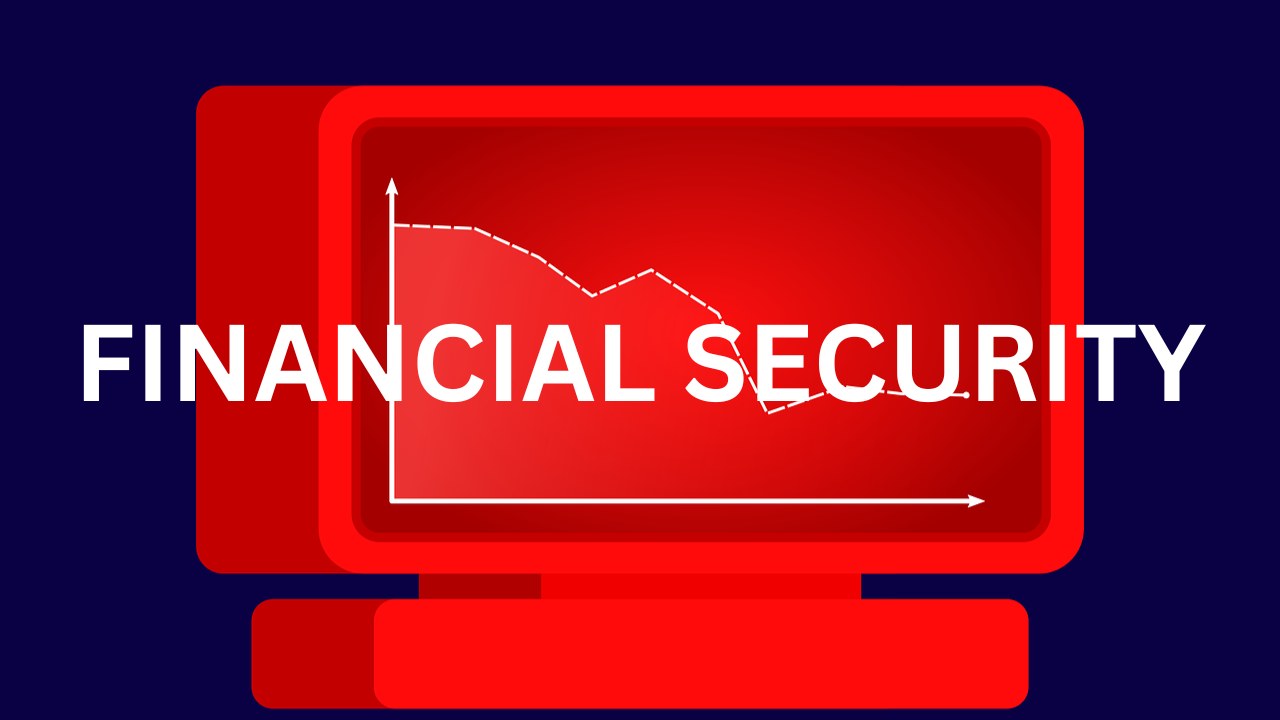

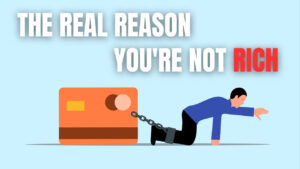

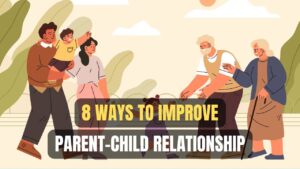
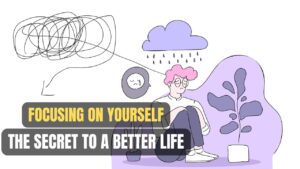





Post Comment